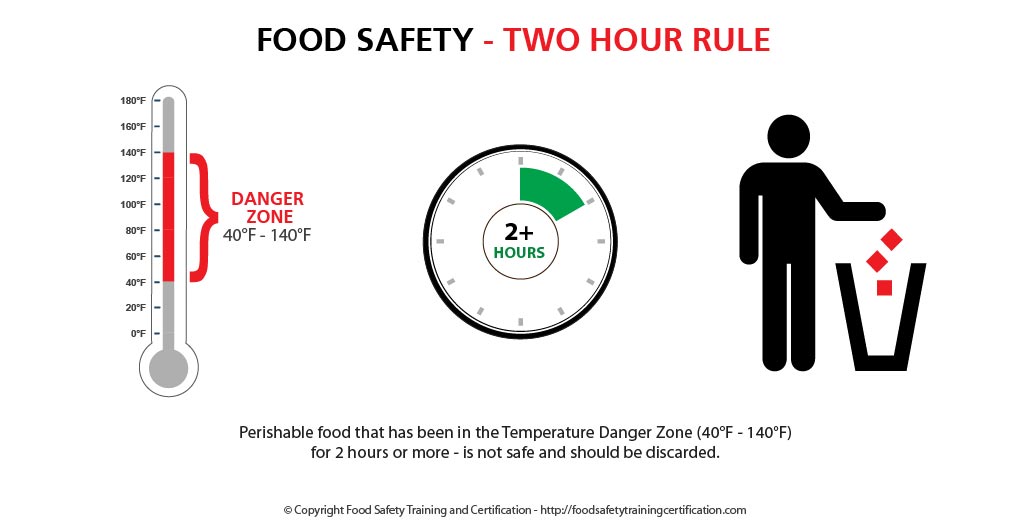- Advertisement -

Popular
People at Greater Risk for Foodborne Illness
It is very important to understand that certain groups of people have a higher risk for contracting a foodborne illness - and have a greater severity of an illness.
Harmful Foodborne Bacteria
Bacteria are a member of a large group of unicellular microorganisms - some of which can cause human disease. Although most bacteria are harmless or often beneficial, some bacteria are pathogenic, or those that can pose a threat to human health or cause illness. Bacteria and viruses are responsible for most foodborne illnesses and are the biggest threat to food safety.
Food Safety for Pork
Pork requires the safe preparation, cooking temperature, and proper storage of leftovers in order to prevent food illness. The USDA recommends cooking pork to a minimum cooking temperature of 145°F - as measured with a food thermometer - in order to kill any pathogens.
Basic Steps of Food Safety
Following good food safety habits can help protect you and your family from food illness. To keep your family safe from food illness, follow these four simple steps: clean, separate, cook, and chill:
What is FAT TOM for Food Safety?
FAT TOM is a mnemonic device used in the food service industry to describe the six favorable conditions required for the growth of foodborne pathogens. Understanding the optimal conditions for bacterial growth can potentially help you reduce your risk for bacterial infections and food poisoning.

























